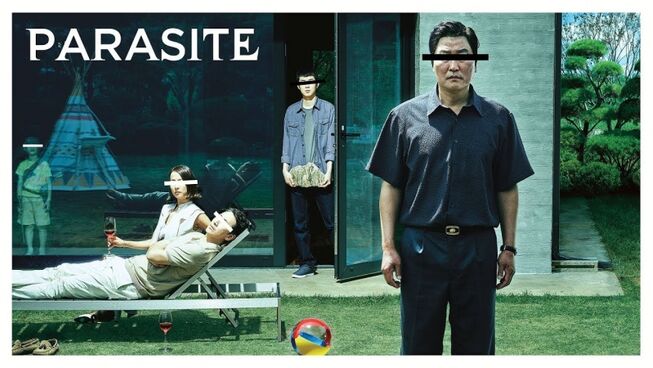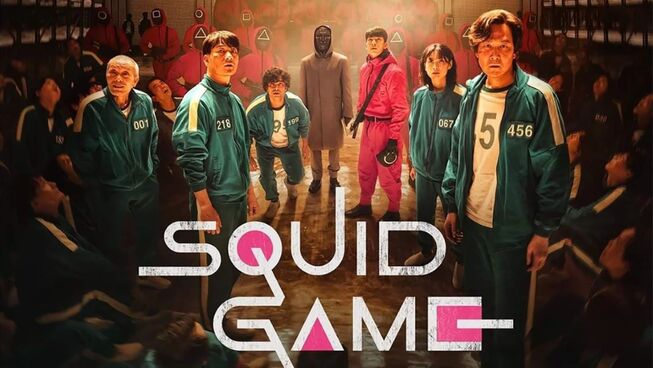
4 out of 5 stars
In July 2021, Ryûsuke Hamaguchi's Drive My Car debuted at the Cannes Film Festival in July 2021 and won three awards including Best Screenplay, but missed out on the highly coveted and prestigious Palme d’Or. The film's source material is based on a short story by famed author Haruki Murakami. It tells about the lives of theatre actor Kafuku (Hidetoshi Nishijima) and his screenwriter wife, Oto (Reika Kirishima). Their relationship is complex and captivating, with each helping the other in their respective work life and creative thinking. Oto records dialogue of plays for her husband to listen to practice his lines. At the same time, Kafuku helps Oto with story ideas and suggestions for future scripts. Despite working closely together, their relationship is unfortunately not all rosy. Sadly, his wife and friend dies unexpectedly before Kafuku can resolve their issues.
Two years pass, and Kafuku is invited to Hiroshima to direct a local production of Chekhov’s Uncle Vanya. He is assigned a young woman as a driver named Misaki (Tôko Miura). Her job is to be his personal chauffeur and this means he must surrender the wheel of his prized red Saab coupe to a complete stranger. However, young woman proves herself to be a very competent driver and as they ride along with one another, their histories begin to unfurl. Both Misaki and Kafuku’s are confronted with how they need to deal with their personal grief and loss.
One element that adds layers to the theatrical production of Uncle Vanya is the casting of actors from various countries. Each performs their lines in their native tongue whilst the audience follows a transcript of their dialogue projected onto a screen. The lead role of Vanya is given to Takatsuki (Toshiaki Inomata), who is a famous television actor that brings scandal and unwanted media attention to the production. Along with the external issues, the young actor reveals that he had worked with Oto before her death and was privy to an intimate relationship with her. However, he does help Kafuku gain a deeper understanding of his wife. This becomes the catalyst for the director and Misaki to confront their past and consider their respective futures.
This three-hour-long film may be a challenge to endure for those who are not from the Japanese tradition. If you are willing to stay the course and access the story through subtitles, the effort will prove to be worthwhile and rewarding. Interestingly, a second viewing is highly recommended as a means of capturing the visual elements that may be missed while attempting to grasp the basic story in the initial screening. Once the plot is understood, it will be easier to be aware of some of the themes and metaphors found in the personal back-stories of Kafuku and Misaki. These narrative elements become evident through the retelling of the final story that Oto shared and in the production of Uncle Vanya. Some of the dialogue from the play appears to be equally relevant to the situation in which the central characters deal with their own personal tragedy.
Drive My Car has received a multitude of praise and critical acclaim worldwide which is all deserved making this a film worth discovering for yourself.
REEL DIALOGUE: Who do we turn to when in grief?
One of the themes found in Drive My Car relates to losing a loved one and dealing with grief. How do we keep on living? Who can we turn to when we find ourselves in the depths of despair?
God’s family of believers (His ‘church’) is a great support and resource for anyone experiencing such pain. The Bible reveals that God is the one who comforts, heals and promises a brighter future for those who trust in His promises. All feelings of sadness and despair will be cleared away in the future.
Revelation 21:4 He will wipe away every tear from their eyes. There will be no more death or mourning or crying or pain, for the old order of things has passed away.






